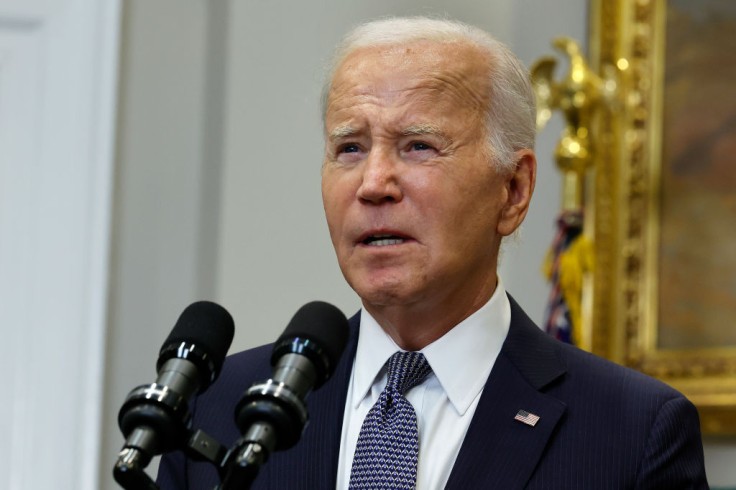
In a significant development with far-reaching First Amendment implications, a federal judge in Louisiana has issued a ruling that restricts the Biden administration from communicating with social media platforms regarding a wide range of online content.
The court order could potentially curtail efforts to combat false narratives and misinformation about the COVID-19 pandemic and other issues.
The decision has been heralded as a victory for Republicans, who have accused social media platforms of biased content removal, while Democrats argue that the platforms have failed to adequately police harmful speech. This ruling sets the stage for a legal battle over the boundaries of speech online and highlights the increasing role of courts in defining online expression.
Federal Court's Ruling and Its Implications
According to CNN, Judge Terry A. Doughty of the U.S. District Court for the Western District of Louisiana granted a preliminary injunction, preventing parts of the government, including the Department of Health and Human Services and the Federal Bureau of Investigation, from pressuring or inducing social media platforms to remove, suppress, or reduce content protected by the First Amendment.
The ruling prohibits government agencies from flagging specific posts or requesting reports on content takedowns.
However, it does allow for the notification of platforms regarding posts involving crimes, national security threats, or foreign attempts to influence elections.
According to The New York Times, the judge's decision reflects concerns over potential infringements on free speech rights and positions the case as a potential landmark, describing it as "the most massive attack against free speech in United States' history."
While the ruling grants temporary relief to the plaintiffs, it is expected to be appealed by the Biden administration, indicating a prolonged legal battle over the government's authority to influence social media content moderation.
A Partisan Divide on Content Moderation
The court's ruling has ignited a debate between Republicans and Democrats regarding the role of social media platforms in content moderation.
Republicans have long accused platforms like Facebook, Twitter, and YouTube of disproportionately removing right-leaning content and collaborating with the government to stifle conservative voices.
On the other hand, Democrats argue that platforms have failed to effectively combat misinformation and hateful speech, which has contributed to real-world harm and violence.
The ruling presents a challenge to the Biden administration's efforts to address misinformation surrounding the COVID-19 pandemic and other critical issues.
It raises questions about the balance between protecting free speech rights and preventing the spread of harmful content, as well as the appropriate role of government agencies in shaping online discourse.
Read Also: US Experiences Highest Maternal Death Rates; Black, American Indian, Native Alaskan Mothers Affected
Impact on Government-Platform Cooperation and Future Legal Battles
The court's decision may disrupt the longstanding collaboration between government agencies and social media platforms in tackling illegal and harmful content.
While government officials have maintained that they lack the authority to order content removal, they have often worked together with tech giants to combat activities such as child exploitation, human trafficking, and terrorism.
Regular information sharing and cooperation have been crucial in addressing these grave concerns.
Legal experts predict that this case, alongside other ongoing battles such as state laws restricting content removal and liability protections for platforms, may ultimately reach the Supreme Court. The decision could potentially redefine legal norms that have guided online speech for decades.
The White House has indicated that the Justice Department is reviewing the ruling and evaluating its next steps. The Biden administration emphasizes the responsibility of social media platforms to consider the impact of their content while retaining independent control over the information presented.
As the legal battle unfolds, it has the potential to shape the future of online expression and redefine the relationship between the government, social media platforms, and the First Amendment rights of individuals.